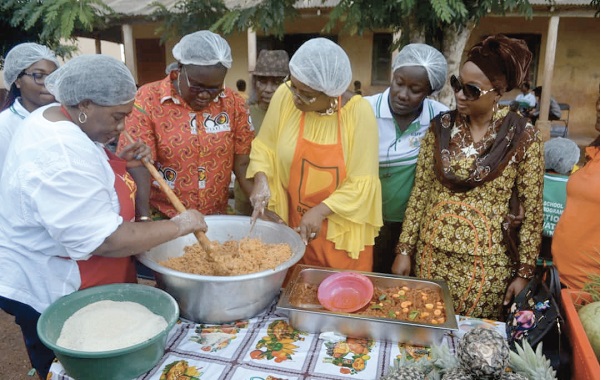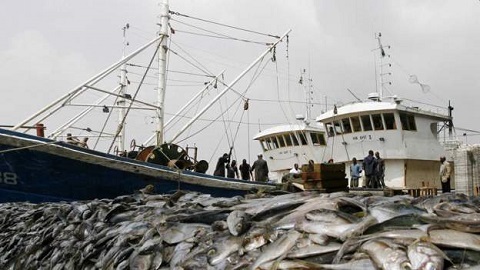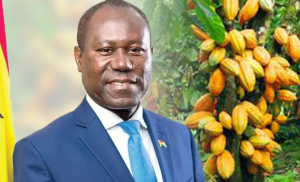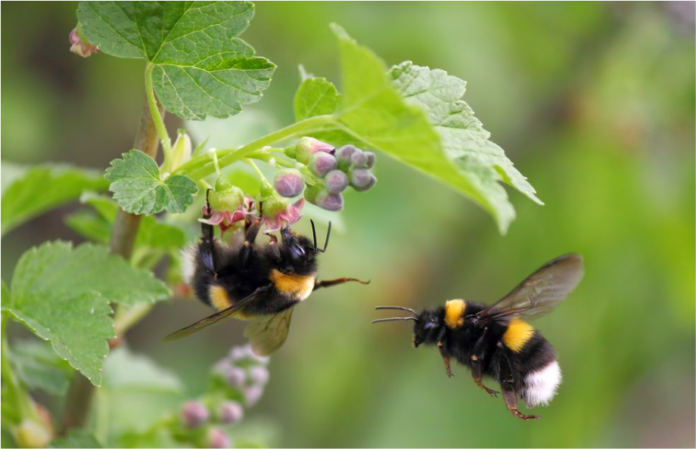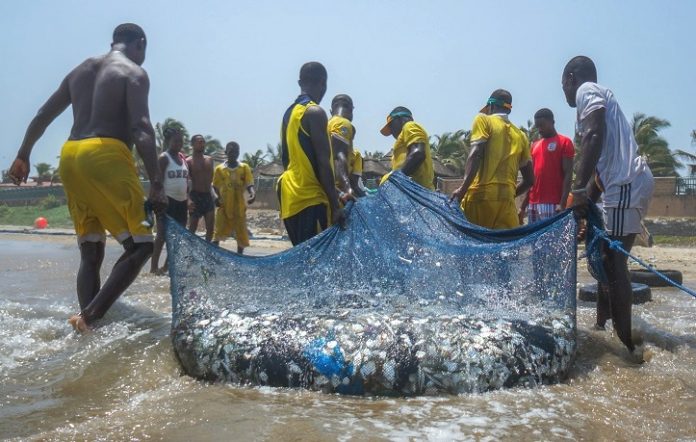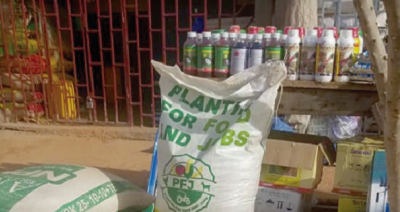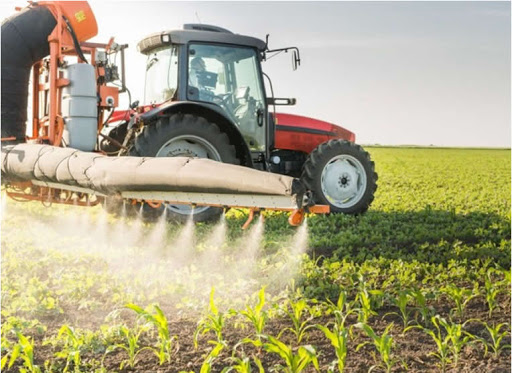President Nana Akufo-Addo’s flagship programme, the Free Senior High School (Free SHS) policy, is faced with a major challenge of feeding the beneficiaries, especially those in boarding schools as food suppliers get ready to withdraw services over a GHC500milion debt owed them.
A fishing vessel sinks between Elmina and Sekondi, 1 Chinese dead and 8 missing.
A fishing vessel sunk yesterday night between Elmina and Sekendi leading to 1 death and 8 persons missing. In all, 25 people were on the vessel.
Cocobod cautions farmers to desist from selling felled cocoa trees for firewood.
The Chief Executive Officer of Ghana Cocoa Board (COCOBOD), Joseph Boahen Aidoo, has advised farmers to desist from selling felled cocoa trees to food vendors, particularly kenkey sellers, in various parts of the country.
Bean cultivation promotes bees and increases crop yields – Research.
More bumblebees were found in bean fields in landscapes with a high proportion of semi-natural habitats and landscapes with a high proportion of faba beans, according to the researchers. Furthermore, bean yields were higher here.
HortiFresh equipped women-led agribusinesses to be robust and resilient in the horticulture sector.
The Dutch founded programme, HortiFresh by its project HortiFresh Female Business Accelerator Program through MDF West Africa has successfully strengthened the capacity of thirteen (13) female-led horticultural businesses to be robust and resilient in the horticulture sector.
Fisheries Ministry warns industrial fishers against unapproved nets.
The Ministry of Fisheries and Aquaculture Development (MoFAD) has issued a directive to industrial trawlers to make sure they use appropriate fishing nets to prevent catching disproportionate amounts of juvenile and small pelagic fish.
WFP supports Ghanaian agro-processors to be globally competitive.
The World Food Program (WFP) is supporting agro-processors and other agriculture value chain players to take advantage of opportunities in the agro sector to be globally competitive.
Fertiliser supply has ceased because the government owes suppliers – Peasant Farmers Association.
The Peasant Farmers Association of Ghana has bemoaned the unavailability of subsidised fertiliser to farmers due to outstanding debts owed to suppliers by the government.
Modern agriculture processes for high yields of crops amounts to less nutritious than they used to be – Research.
As one gazes across the rows of brightly colored fruits and vegetables in the produce section of the grocery store, one may not be aware that the quantity of nutrients in these crops has been declining over the past 70 years.
LIFESTYLE: Why it’s a bad idea to refrigerate watermelon.
There is nothing refreshing on a hot summer day than eating a juicy slice of watermelon. But the refreshment doesn’t stop, there with this versatile melon. You can add it to lemonade or use it in a salad.

